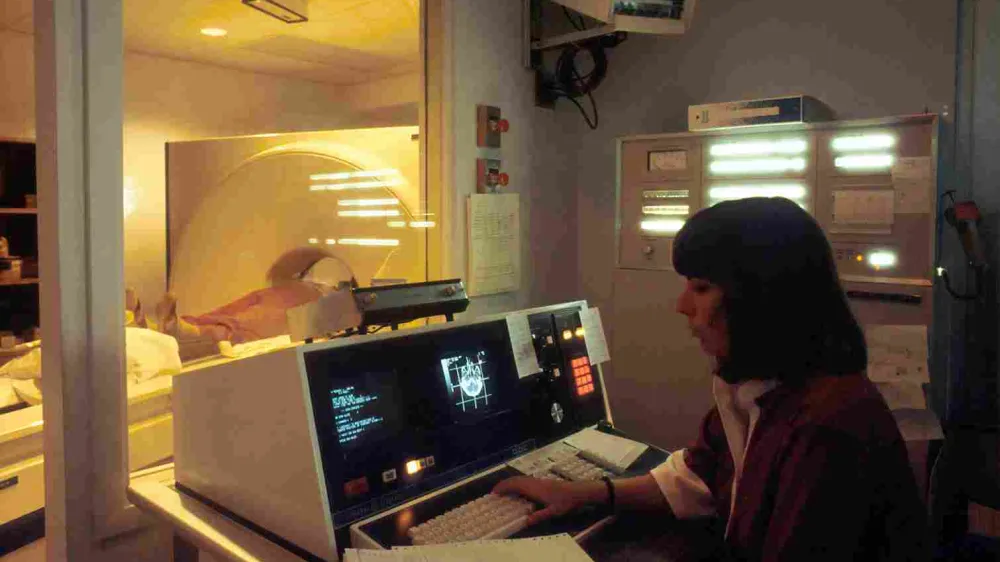
SingHealth, SUSS, SUTD ink MoU to advance population health initiatives
The partnership will focus on developing a white paper and actionable implementation plan.
SingHealth, the Singapore University of Social Sciences (SUSS), and the Singapore University of Technology and Design (SUTD) have signed a tripartite memorandum of understanding to address critical areas impacting population health.
The partnership will focus on developing a white paper and an actionable implementation plan to address ageing-in-place, brain health and cognition, and social isolation.
The paper seeks to propose innovative solutions to enhance health, societal, and economic outcomes, ultimately aiming to extend healthy lifespans for Singaporeans.
Moreover, as part of the tripartite collaboration, SingHealth will establish "Healthy, Empowered and Active Living" labs to test sustainable, scalable, and community-focused population health interventions.



















 Advertise
Advertise





